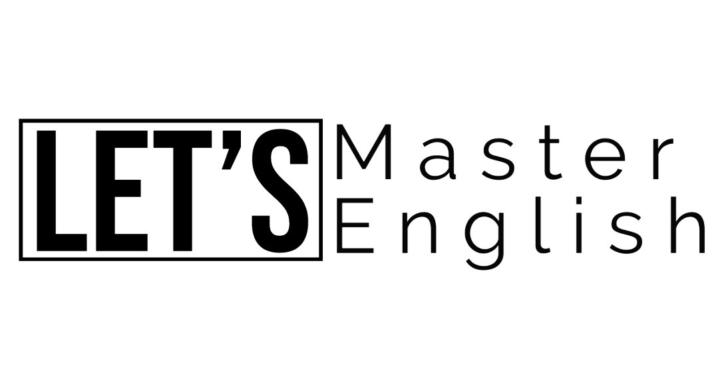29d • Miscellaneous Posting
Education
As some of us may already know that our education system has been failing us since the millenia, over 20 years ago and nothing has changed. More and more people are learning about this and know that it needs to change, but noone is prepared to stand up and make the change. Here is another post about the system:
The School System Is Failing – And No One Wants to Talk About It
We send children to school expecting them to become thinkers, creators, leaders, and lifelong learners.
But what if the very system designed to educate them is the one holding them back?
The elephant in the classroom
Let’s be honest: most school systems today are industrial-age relics.
They were built to produce obedient factory workers — not critical thinkers or innovators. Standardised tests, rigid curricula, and an obsession with grades are still the norm.
But we live in a world where creativity, emotional intelligence, adaptability, and digital fluency matter far more than rote memorisation.
So why are we still teaching like it's 1955?
Testing intelligence or crushing curiosity?
Schools claim to measure intelligence—but what they really measure is conformity and test-taking ability.
- A child who questions the teacher is labelled 'disruptive'
- A student who can’t sit still is seen as a 'problem'
- Artistic or hands-on learners are told they are 'underachieving'
The result? Children lose their natural love of learning. They learn to play the game, not to understand the world.
The curriculum Is outdated — and everyone knows it
Why do students spend years learning about trigonometry or oxbow lakes, but never learn how to:
- Understand personal finance?
- Evaluate online information critically?
- Start a business?
Life skills are treated like 'extras' — while outdated academic content is force-fed because 'it’s always been done this way.'
Teachers are trapped, too
This isn’t an attack on teachers. Most educators are doing their best in a broken system. They’re underpaid, overworked, and forced to teach-to-the-test.
Creativity in the classroom is often stifled by rigid inspection frameworks and bureaucratic interference.
If the system doesn’t trust teachers to innovate, how can we expect students to?
The inequality problem no one fixes
Let’s not forget that school success is often determined before a child ever enters the classroom. Access to quality education, nutrition, internet, parental involvement, and extra-curriculars varies wildly.
While private schools offer holistic, inquiry-based learning, many public schools struggle just to meet basic needs.
So who really benefits from the current system?
What if school was rebuilt from scratch?
Imagine a school where:
- Success isn’t defined by grades, but by growth
- Students pursue personalised learning journeys
- Collaboration is valued over competition
- Creativity, coding, and communication are core subjects
- Real-world projects matter more than multiple-choice exams
This isn’t a utopian fantasy; many alternative schools and ed-tech platforms are already doing it.
The system won’t change unless we demand it
Governments, curriculum authorities, and test publishers won’t change the system voluntarily — it’s too profitable, too convenient, and too ingrained.
Parents, educators, and students must challenge the narrative.
Ask hard questions. Push for reform. Support innovation.
5
6 comments

skool.com/lme
Adults mastering English speaking and listening skills. No cute lessons. Serious. Over 100 LIVE 1-1 Sessions every month! Free lessons available ✔️
Powered by





